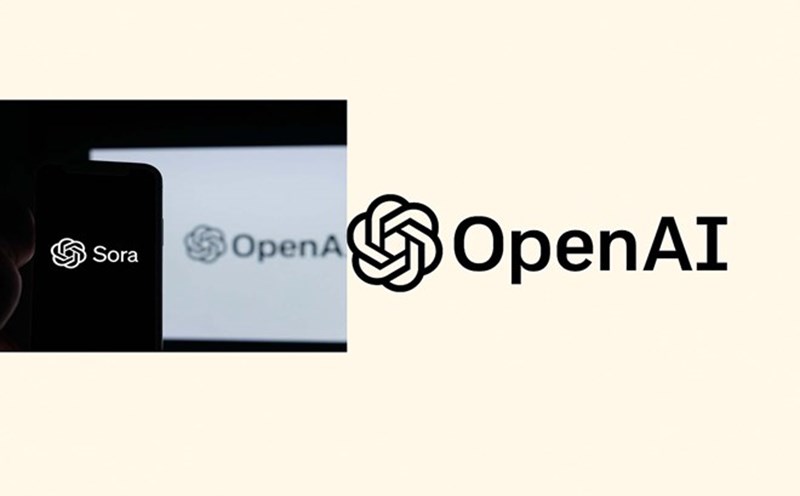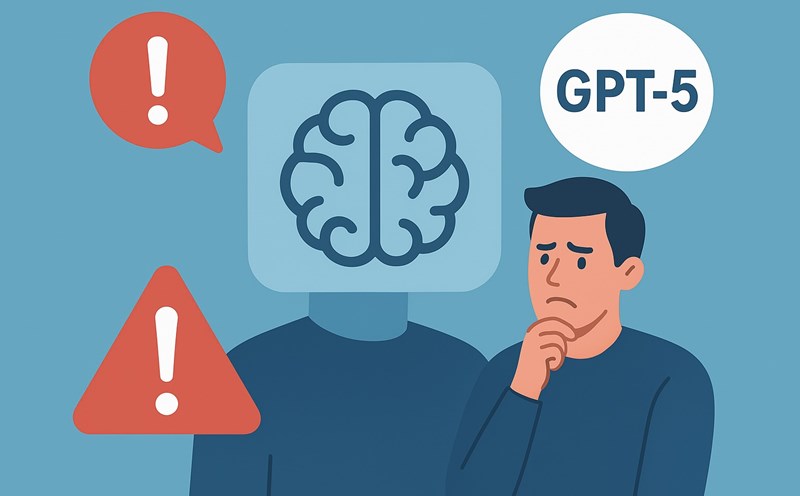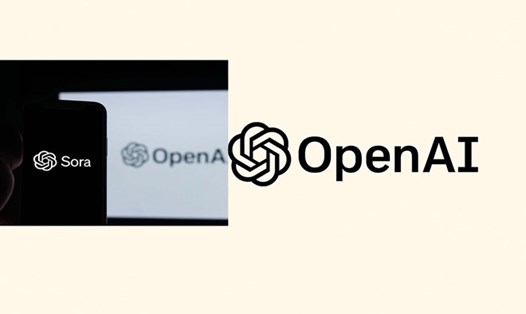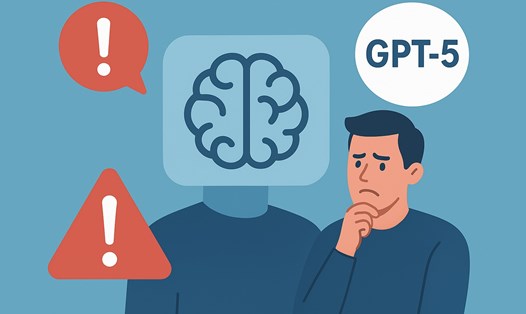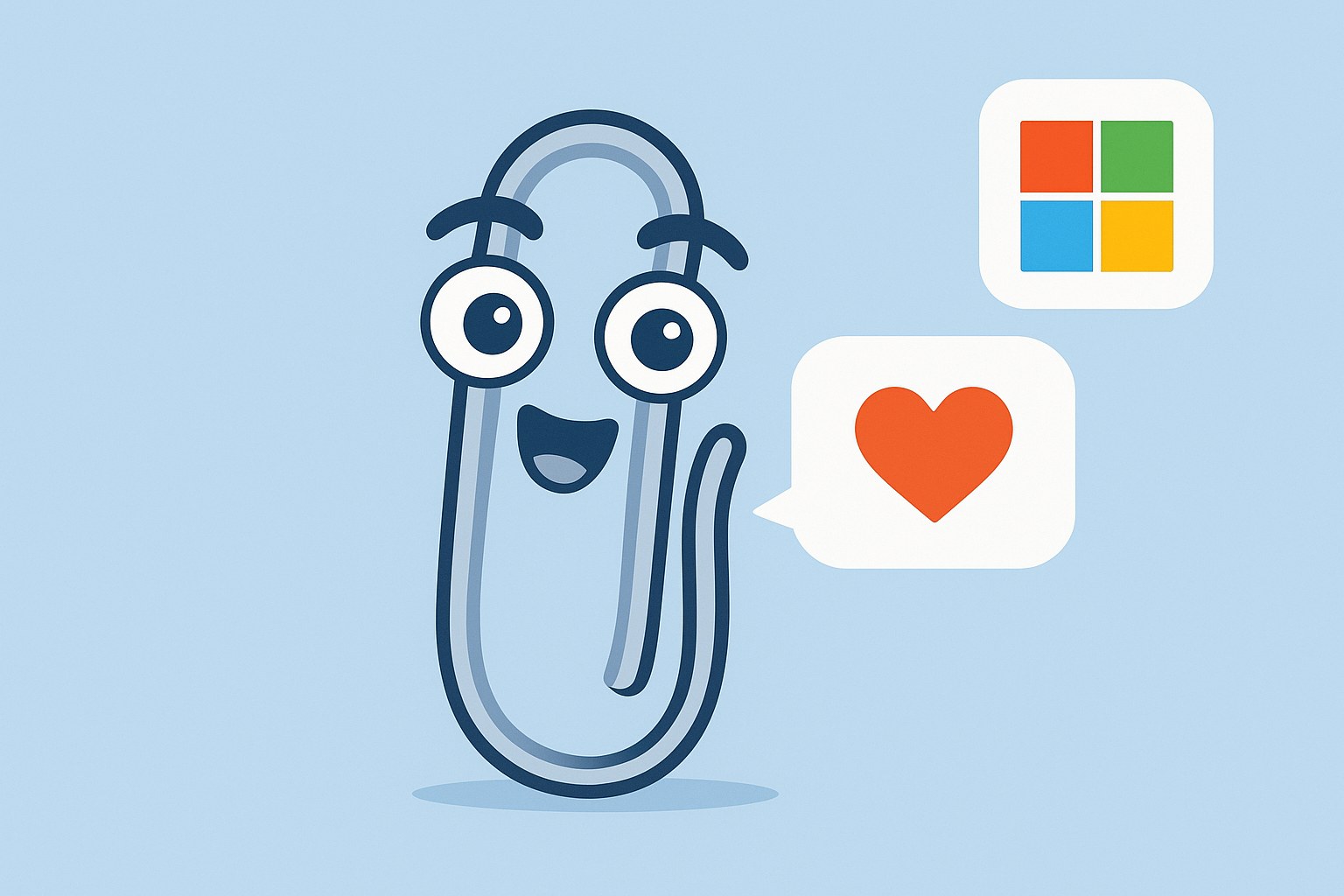
This is a step that clearly demonstrates the technology giant's ambition in personalizing artificial intelligence and bringing AI closer to common users.
According to Microsoft, the name Mico is inspired by Microsoft Copilot. This character is designed with an expressive face, able to listen, react and change colors according to user interaction. Mico describes itself as a warm and intuitive experience, making talking to AI more natural.
Many users quickly identified Mico with Clippy - a famous office assistant that appeared in Microsoft Office in the 2000s. Microsoft revealed that if users touch Mico many times, the character will turn into clippy.
The Mico feature is enabled by default when using Copilot voice mode and can be turned off if desired. Microsoft is currently rolling out in the US, Canada and UK, with the ability to save chat history and learn from user feedback.
Along with Mico, Copilot also added a Live Learning mode, allowing AI to act as a supervisor guiding users to learn about concepts rather than just answering questions. The company said that AI systems have also been improved in areas such as healthcare and in-depth research.
We dont want AI to make users dependent on the screen, said Mustafa Suleyman, CEO of Microsoft AI. The goal is to help them return to real life, increase human-to-people connections and build trust in technology.
The trend of AI humanitization is spreading. ChatGPT has provided a variety of voices and expressions, while xAI's Grok is designed as a "dazzling companion". A series of similar applications have also attracted millions of downloads, showing that users tend to want to communicate with more thinking and approachable AI.
However, creating an AI that can talk and criticize without causing dependence is still a difficult problem. Some studies have recorded cases of users being affected psychologically when interacting long-term with AI chatbot.
This Copilot update also expands many other features: allowing friends to participate in AI chats, supporting long-term memory, connecting with work applications such as email or cloud storage, and especially integrating deeper into the Microsoft Edge browser.
Microsoft is developing Edge into an AI browser that can view, summarize, compare information between tabs, and even automatically book a hotel room or fill in a form. This helps Edge compete with a series of emerging AI browsers such as ChatGPT Atlas, Comet, Dia, as well as Chrome which already integrates Gemini AI.

